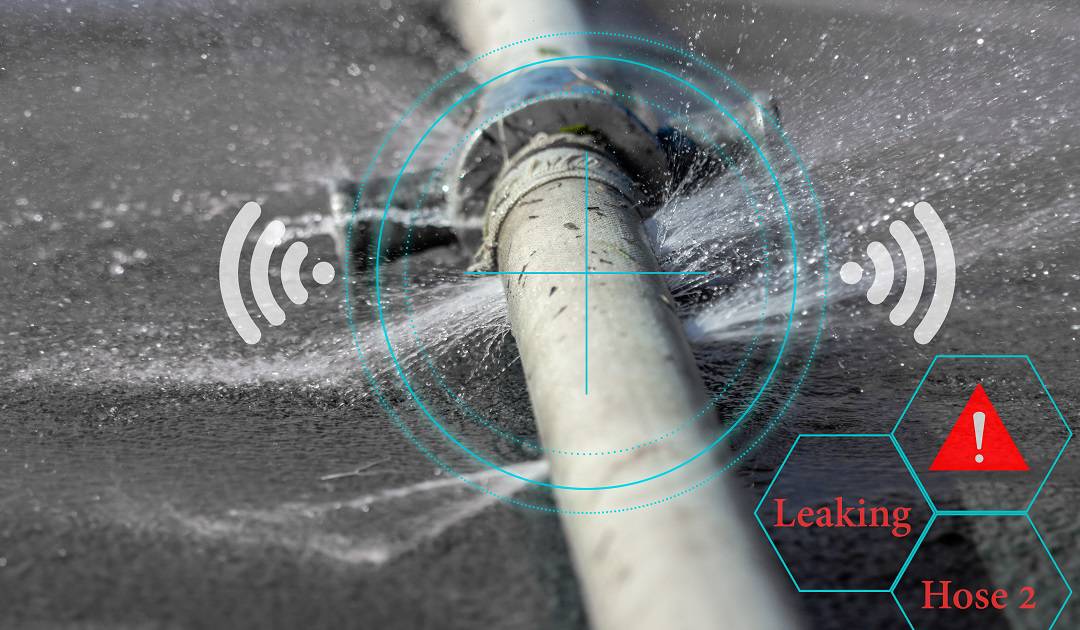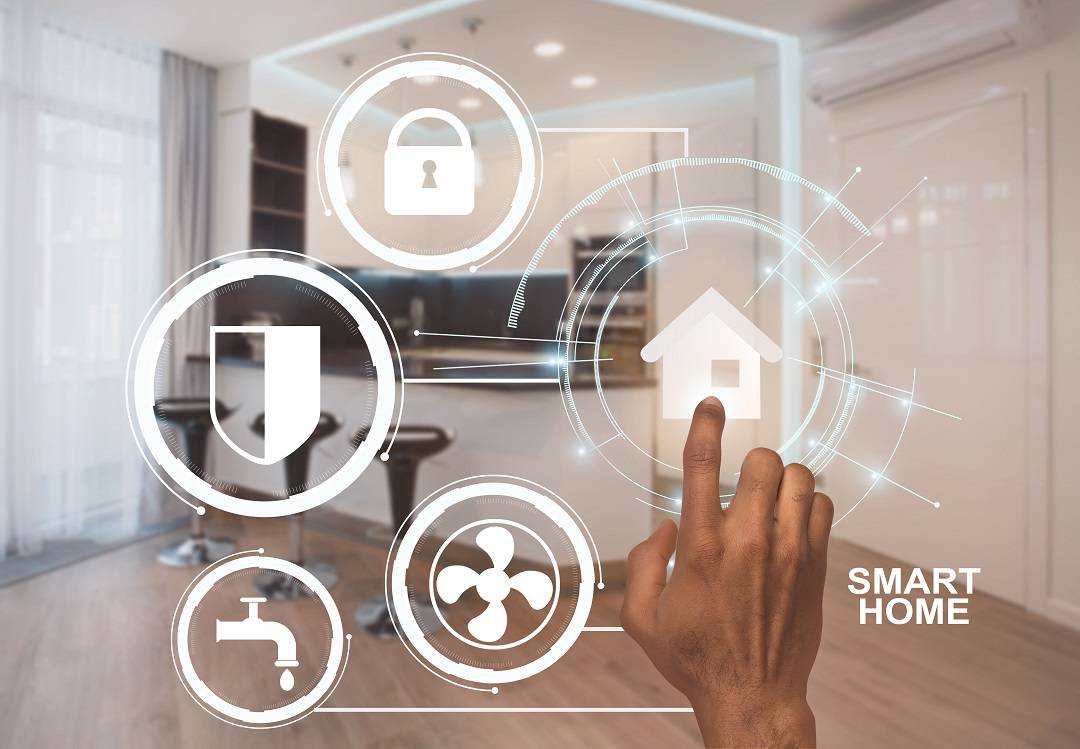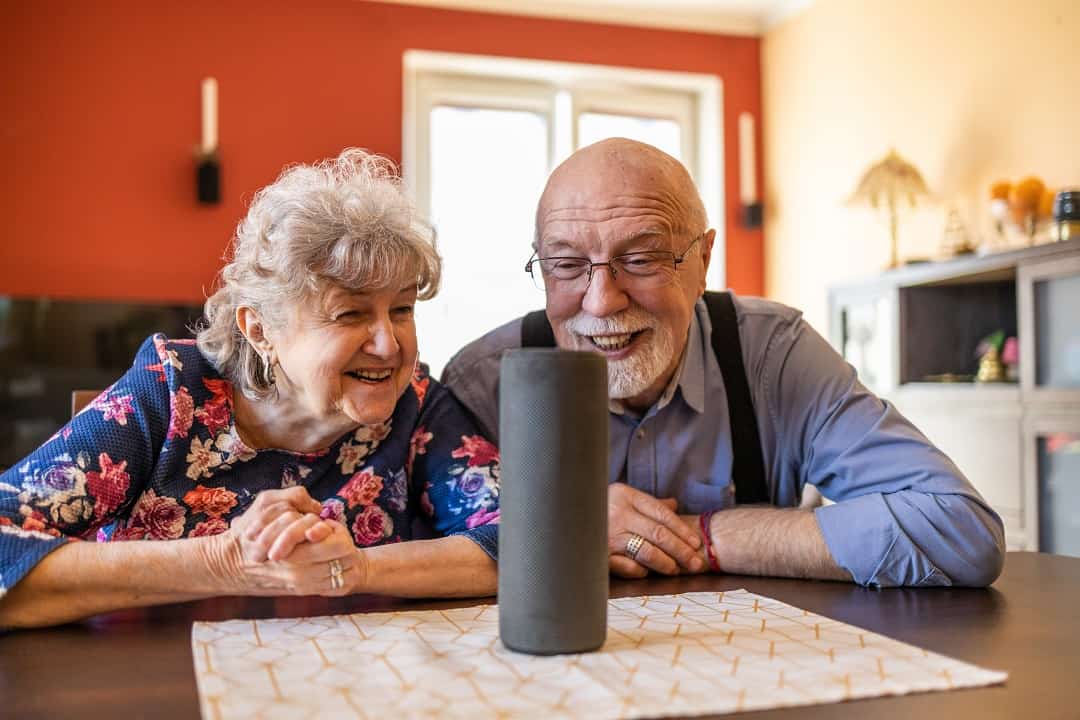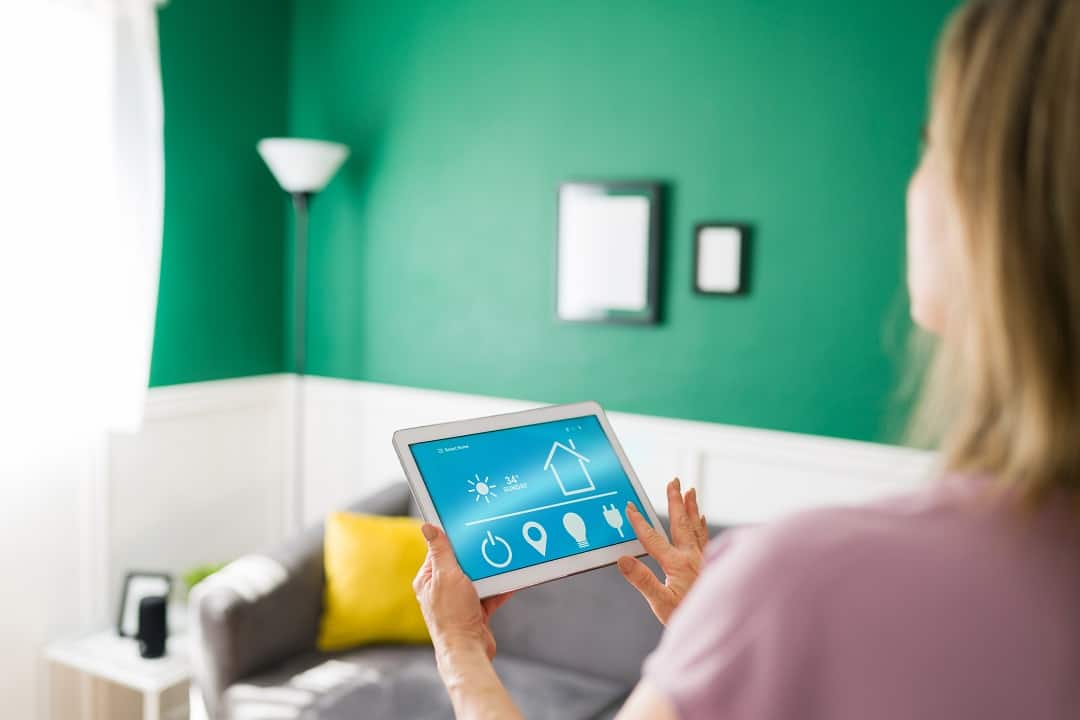Are you looking for innovative ways to reduce your water consumption and make a positive impact on the environment? If so, you’re in the right place! In this post, we’ll look at smart home technologies for water conservation. From high-tech showerheads to smart irrigation systems, there are a plethora of cutting-edge devices available that can help you conserve water without sacrificing convenience or comfort. So, if you’re curious to learn about the latest advancements in water-saving technology and how they can benefit both your wallet and the planet, keep reading!
How do smart home technologies help conserve water?
Smart home technologies play a crucial role in water conservation by providing homeowners with efficient tools to monitor and control their water usage. These technologies enable users to track their water consumption in real-time, allowing them to identify areas where water is being wasted. They can do things like detect micro leaks, detect much larger disastrous leaks, control how much water is being used to water plants, and more.
Smart Home Tech to Track Water Use
Water monitoring systems are a key component of smart home technologies for water conservation. These systems use advanced sensors and real-time data to track water usage throughout your home. They can detect leaks, monitor water flow, and provide detailed insights into your consumption patterns. With this information at your fingertips, you can identify areas where you can reduce water waste and make informed decisions about your water usage. Leak detectors in combination with smart water shut off valves can also prevent damages from disastrous water leaks like washing machine hose breaks or toilets overflowing.
Smart Devices to Use Less Water in Landscaping
Weather-based Irrigation Controllers and Soil Moisture Sensors are two innovative smart home technologies that can help conserve water in an efficient and sustainable manner.
Weather-based irrigation controllers, also known as smart sprinkler systems, use real-time weather data to adjust watering schedules. These controllers take into account factors such as temperature, humidity, and rainfall, and adjust the irrigation accordingly. This means that your lawn and garden only get watered when they actually need it, reducing water waste and preventing overwatering.
Soil Moisture Sensors are another great tool for water conservation. These sensors are buried in the ground and measure the moisture levels in the soil. When the soil becomes too dry, the sensor sends a signal to the irrigation system to activate, ensuring that plants receive the right amount of water at the right time. By preventing overwatering and only watering when necessary, soil moisture sensors help conserve water and promote healthier plant growth. Soil moisture sensors in combination with a smart irrigation controller let you water your plants only when they need it. Reducing water waste even more.
FAQ
Are smart home technologies for water conservation easy to install and use?
Yes, most smart home technologies for water conservation are generally easy to install and use. Most devices are designed to be user-friendly and come with simple installation instructions. For those not mechanically inclined, a handyman should be able to easily install most items. For example, smart water meters can be installed on your main water supply line and connected to your smartphone or tablet via Wi-Fi. Smart sprinkler controllers can also be installed and connected to your existing irrigation system. Once installed, these devices can be controlled through a smartphone app, allowing you to monitor and manage your water usage with ease. Some devices even use machine learning algorithms to automatically adjust water usage based on weather conditions and plant needs, further simplifying the process for you.
Can smart home technologies for water conservation be integrated with other smart home devices?
Yes, smart home technologies for water conservation can be integrated with other smart home devices. Many smart home systems are designed to be compatible with a wide range of devices, allowing you to create a fully connected and automated home. Just be sure to check the devices before buying to make sure they are compatible with whatever centralized smart home hub you are using (and if you’re not using one yet, check out our guide on picking a smart home hub ).
How effective are smart home technologies for water conservation?
Smart home technologies for water conservation are highly effective in reducing water usage and promoting sustainability. These innovative devices and systems offer various features that help homeowners monitor and control their water consumption. For example, smart sprinkler systems can adjust watering schedules based on weather conditions, soil moisture levels, and plant needs, resulting in significant water savings. Additionally, smart showerheads and faucets can regulate water flow and temperature, ensuring efficient usage without sacrificing comfort. Moreover, smart leak detection systems can alert users to potential water leaks, preventing waste and potential damage to the property. By seamlessly integrating with other smart devices and offering real-time data and insights, these technologies empower users to make informed decisions and actively contribute to water conservation efforts.
Do smart home technologies for water conservation save money on water bills?
Yes, smart home technologies for water conservation can indeed save you money on your water bills. These innovative devices are designed to monitor and control your water usage, helping you identify and reduce any wasteful practices. For example, smart sprinkler systems use weather data and soil moisture sensors to determine the optimal amount of water needed for your lawn, preventing overwatering and saving you money in the process. Smart showerheads and faucets can also help by regulating water flow and providing real-time usage data, allowing you to be more mindful of your consumption. By leveraging these technologies, you can not only contribute to water conservation efforts but also enjoy the financial benefits of reduced water bills.
Can smart home technologies detect leaks and help prevent water damage?
Yes, smart home technologies can indeed detect leaks and help prevent water damage. These innovative devices are equipped with sensors that can detect abnormal water flow or leaks in your plumbing system. Once a leak is detected, you will be immediately notified through your smartphone or smart home hub. This allows you to take action promptly and fix the issue before it escalates into a major problem. With the ability to detect leaks early on, you can save yourself from costly repairs and minimize water wastage. Additionally, some smart home technologies can even automatically shut off the water supply to your home in case of a major leak, providing an extra layer of protection against water damage. Personally, we recommend having a leak detector near every potential source of a water leak.
Are there any specific brands or models of smart home technologies for water conservation that are highly recommended?
Yes, there are several brands and models of smart home technologies for water conservation that come highly recommended. One popular brand is Rachio, which offers smart sprinkler controllers that can adjust watering schedules based on weather conditions and soil moisture levels. Another reputable brand is Moen, which offers smart faucets and showers as well as shut off valves and leak monitoring. These are just a few examples, but there are many other brands and models available, each with their own unique features and benefits.
Are there any success stories or testimonials from homeowners who have used these technologies?
Yes, there are numerous success stories and testimonials from homeowners who have used smart home technologies for water conservation. More than that though, we use leak detectors and smart watering systems and can attest to the sensors saving us from multiple leaks as well as having quite happy plants.
In Summary
Thank you so much for taking the time to read this blog post on smart tech for water conservation. I hope you found the information provided helpful and insightful. Smart home devices to detect leaks and something we recommend everyone invest in, and smart home devices to save water ends up saving money in the long run – a win for everyone!




